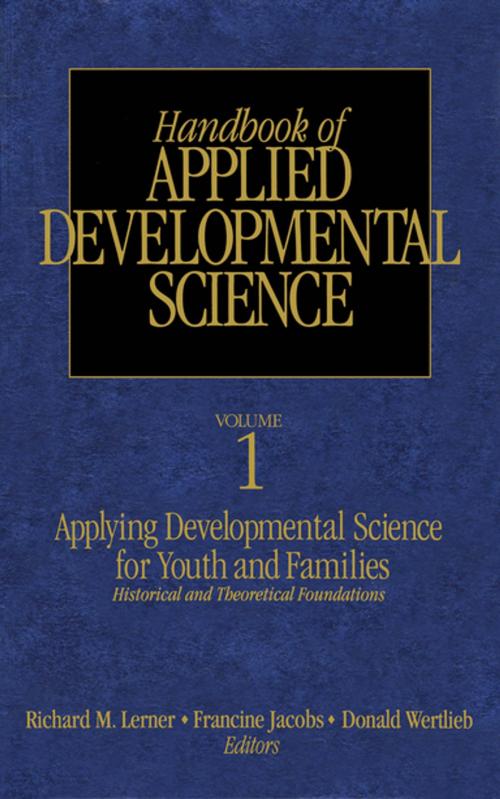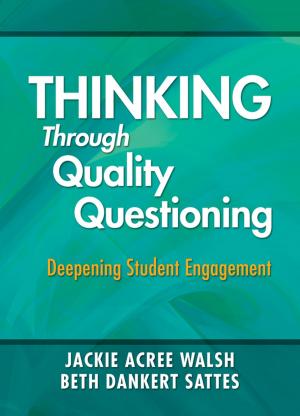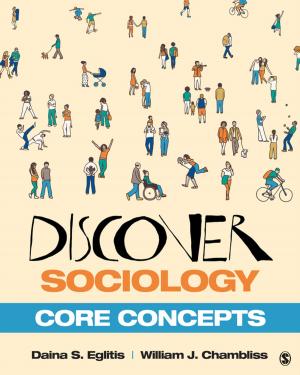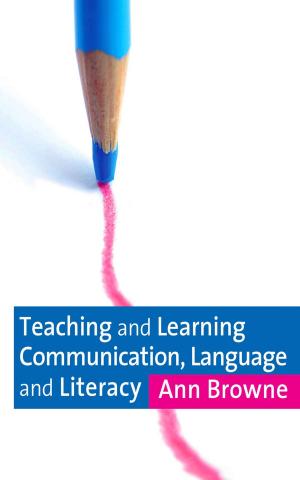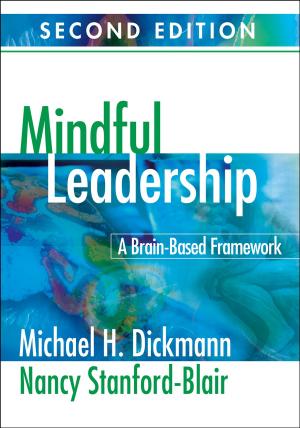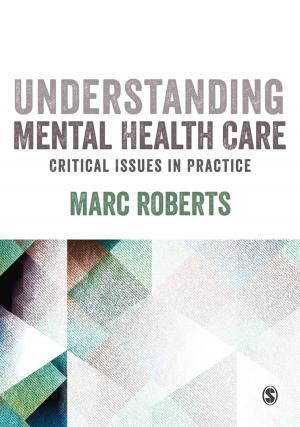Handbook of Applied Developmental Science
Promoting Positive Child, Adolescent, and Family Development Through Research, Policies, and Programs
Nonfiction, Health & Well Being, Psychology, Developmental Psychology, Child & Adolescent, Child Development| Author: | ISBN: | 9781506361390 | |
| Publisher: | SAGE Publications | Publication: | October 22, 2002 |
| Imprint: | SAGE Publications, Inc | Language: | English |
| Author: | |
| ISBN: | 9781506361390 |
| Publisher: | SAGE Publications |
| Publication: | October 22, 2002 |
| Imprint: | SAGE Publications, Inc |
| Language: | English |
The Handbook of Applied Developmental Science is the only work to comprehensively present the latest theory, research, and application from applied developmental science (ADS) and the positive psychology movement. It summarizes and synthesizes the best scientific knowledge from ADS to help readers understand the efforts being made around the world to ensure that all children and adolescents develop into healthy adults who contribute positively to society. The first resource to organize and integrate both the prevention and promotion approaches to programs and policies, the Handbook provides a detailed road map for future research and for actions that will promote positive child, youth, and family development.
Published in four topical volumes, Volume 1 describes the foundation of applied developmental science, its historical development, and current scientific and professional efforts to develop policies and programs that promote development. Volume 2 examines public policy and government service systems. Volume 3 discusses community systems for enhancing citizenship and promoting a civil society. Finally, Volume 4 outlines methods for university engagement and academic outreach.
Volume 1
Applying Developmental Science for Youth and Families
Historical and Theoretical Foundations
Volume 2
Enhancing the Life Chances of Youth and Families
Contributions of Programs, Policies, and Service Systems
Volume 3
Promoting Positive Youth and Family Development
Community Systems, Citizenship, and Civil Society
Volume 4
Adding Value to Youth and Family Development
The Engaged University and Professional and Academic Outreach
Key Features
- Four comprehensive, topical volumes
- Approximately 2200 pages in 95 chapters
- More than 150 contributors, many of whom are world-renowned leaders in applied developmental science from the academic, professional, and policy and political arenas
- Forewords for each volume written by well-known authorities, including Edward Zigler, co-founder of the Head Start program; U.S. Congressman Elijah E. Cummings; David Bell, International Youth Foundation; and Graham Spanier, President, The Pennsylvania State University
Recommended Libraries
Academic, government, special, and private/corporate
The Handbook of Applied Developmental Science is the only work to comprehensively present the latest theory, research, and application from applied developmental science (ADS) and the positive psychology movement. It summarizes and synthesizes the best scientific knowledge from ADS to help readers understand the efforts being made around the world to ensure that all children and adolescents develop into healthy adults who contribute positively to society. The first resource to organize and integrate both the prevention and promotion approaches to programs and policies, the Handbook provides a detailed road map for future research and for actions that will promote positive child, youth, and family development.
Published in four topical volumes, Volume 1 describes the foundation of applied developmental science, its historical development, and current scientific and professional efforts to develop policies and programs that promote development. Volume 2 examines public policy and government service systems. Volume 3 discusses community systems for enhancing citizenship and promoting a civil society. Finally, Volume 4 outlines methods for university engagement and academic outreach.
Volume 1
Applying Developmental Science for Youth and Families
Historical and Theoretical Foundations
Volume 2
Enhancing the Life Chances of Youth and Families
Contributions of Programs, Policies, and Service Systems
Volume 3
Promoting Positive Youth and Family Development
Community Systems, Citizenship, and Civil Society
Volume 4
Adding Value to Youth and Family Development
The Engaged University and Professional and Academic Outreach
Key Features
- Four comprehensive, topical volumes
- Approximately 2200 pages in 95 chapters
- More than 150 contributors, many of whom are world-renowned leaders in applied developmental science from the academic, professional, and policy and political arenas
- Forewords for each volume written by well-known authorities, including Edward Zigler, co-founder of the Head Start program; U.S. Congressman Elijah E. Cummings; David Bell, International Youth Foundation; and Graham Spanier, President, The Pennsylvania State University
Recommended Libraries
Academic, government, special, and private/corporate
